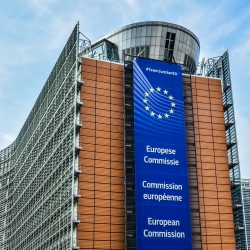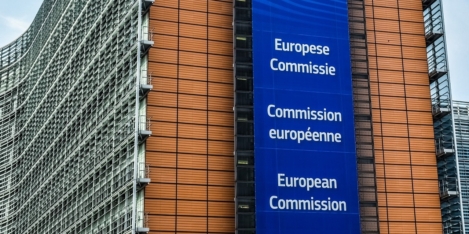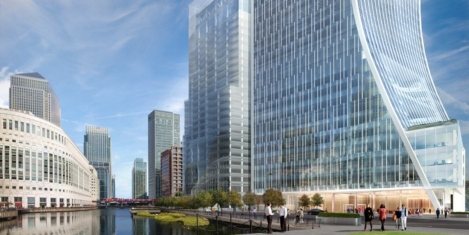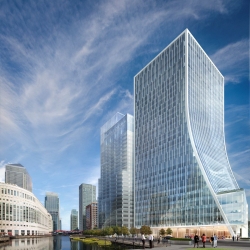To provide the best experiences, we use technologies like cookies to store and/or access device information. Consenting to these technologies will allow us to process data such as browsing behaviour or unique IDs on this site. Not consenting or withdrawing consent, may adversely affect certain features and functions.
The technical storage or access is strictly necessary for the legitimate purpose of enabling the use of a specific service explicitly requested by the subscriber or user, or for the sole purpose of carrying out the transmission of a communication over an electronic communications network.
The technical storage or access is necessary for the legitimate purpose of storing preferences that are not requested by the subscriber or user.
The technical storage or access that is used exclusively for statistical purposes.
The technical storage or access that is used exclusively for anonymous statistical purposes. Without a subpoena, voluntary compliance on the part of your Internet Service Provider, or additional records from a third party, information stored or retrieved for this purpose alone cannot usually be used to identify you.
The technical storage or access is required to create user profiles to send advertising, or to track the user on a website or across several websites for similar marketing purposes.
 The European Commission has put forward a strategy to promote the development of AI and robotics while putting people first and defending European values and rights. The strategy acknowledges that AI can open up new opportunities for businesses and bring solutions to challenges such as climate change. However, it aims to address the social, legal and ethical impact of new technology. (more…)
The European Commission has put forward a strategy to promote the development of AI and robotics while putting people first and defending European values and rights. The strategy acknowledges that AI can open up new opportunities for businesses and bring solutions to challenges such as climate change. However, it aims to address the social, legal and ethical impact of new technology. (more…)
















 Younger decision makers are increasingly relying on technology such as emails, video conferencing and WhatsApp in negotiations with suppliers, rather than speaking to them face-to-face, new research from
Younger decision makers are increasingly relying on technology such as emails, video conferencing and WhatsApp in negotiations with suppliers, rather than speaking to them face-to-face, new research from 


















February 18, 2020
Curiosity killed the stat: why we should avoid becoming slaves to data
by Anthony Tasgal • Comment, Technology, Workplace design
Hands up. How many of you spend much/most of your time peddling data, charts and other fact-based information? And how much time do you spend challenging yourself, learning new ideas, indulging your curiosity and feeling a sense of surprise and fulfilment? And finally how much of the inquisitive, itchy child do you feel your job appeals to rather than the “only- 30-more-years-of-wage-slavery-if-I’m-lucky” mindset?
(more…)